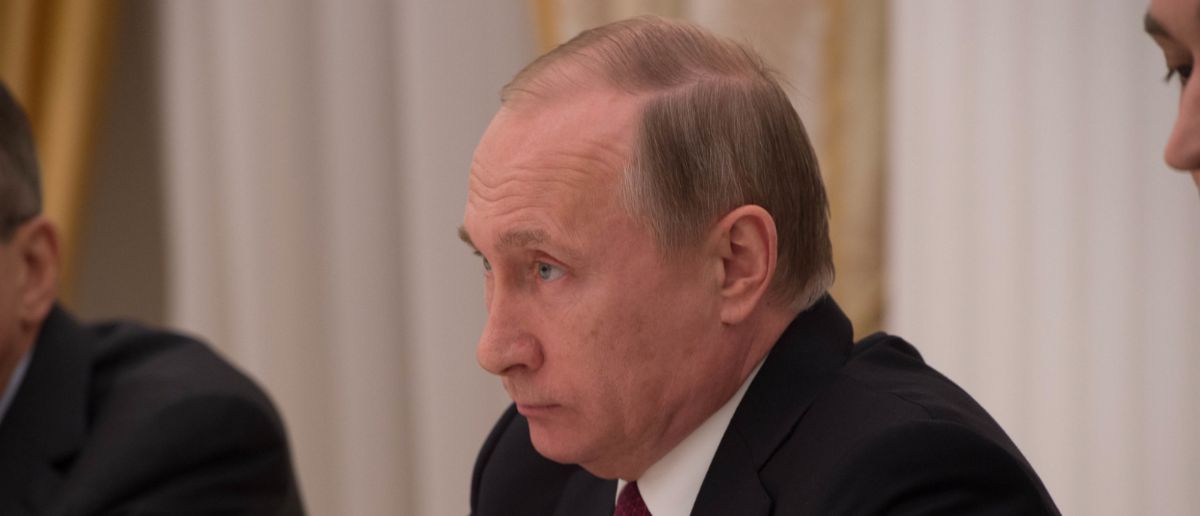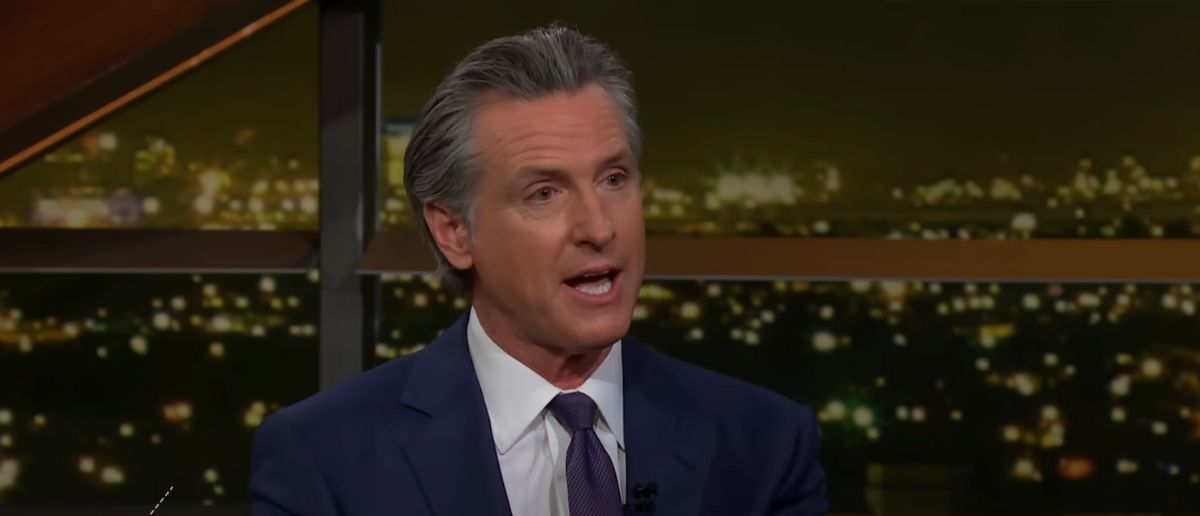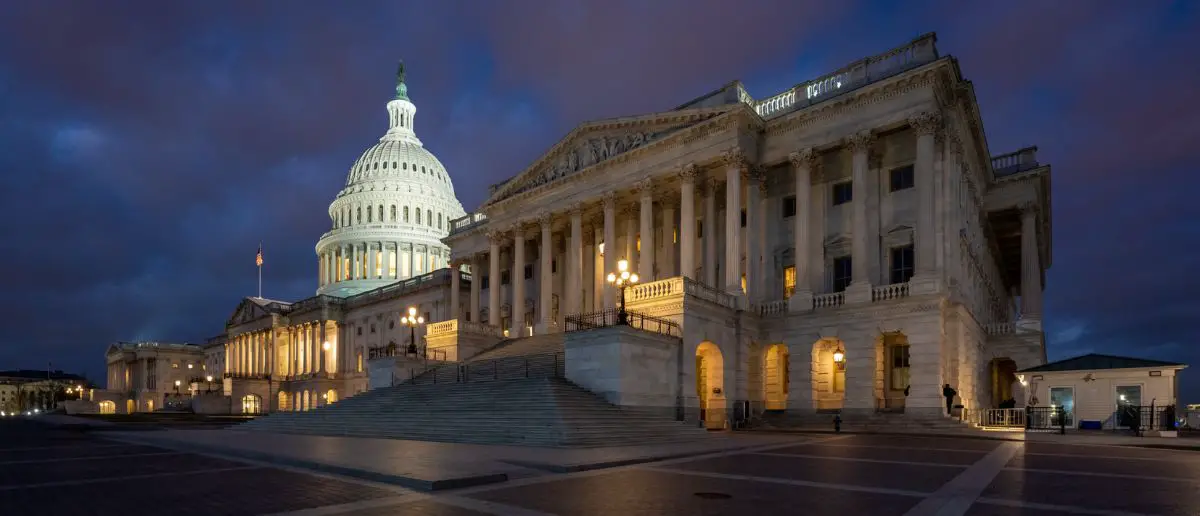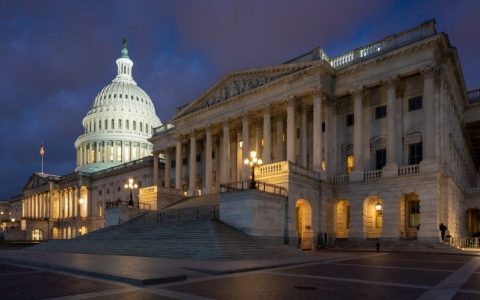
The world is on the precipice of war. The next few days are critical.
Because Poland sounded the alarm over a deliberate Russian attack on NATO.
Poland’s Claims of Intentional Russian Drone Incursion Bolster NATO Resolve and Trump’s Diplomacy
Polish leaders firmly rejected suggestions by President Donald Trump and NATO’s Supreme Allied Commander Europe, General Alexus Grynkewich, that the incursion of up to 21 Russian drones into Polish airspace on September 10 could have been unintentional. Prime Minister Donald Tusk stated on X, “We would also wish that the drone attack on Poland was a mistake. But it wasn’t. And we know it,” signaling Poland’s confidence in evidence pointing to deliberate Russian aggression.
Foreign Minister Radosław Sikorski, speaking in Kyiv, emphasized the scale of the incident, noting that 19 drones breached Polish airspace amid a Russian assault of 400 drones and 40 missiles on Ukraine, asserting, “It was not a mistake.”
These statements, backed by Poland’s invocation of NATO’s Article 4, prove the alliance’s unity and President Trump’s commitment to defending NATO territory while pursuing peace in the Russia-Ukraine conflict.
Incident Details and NATO’s Robust Response
The incursion, the largest violation of NATO airspace since Russia’s invasion of Ukraine began in February 2022, saw Polish and NATO forces, including Dutch F-35s and Italian AWACS planes, intercept and down at least three of the 21 drones, with 17 wrecks recovered, some in rural areas and one damaging a residential property in Wyryki-Wola. No injuries were reported.
Polish officials, supported by a NATO briefing cited by Germany’s Die Welt, claimed five drones were on a direct path toward a key NATO airbase used for Ukraine aid, suggesting a targeted probe of alliance defenses. Notably, the recovered drones lacked explosive charges, indicating they were likely decoy or reconnaissance assets, though this has not diminished Poland’s view of the breach as a deliberate provocation.
NATO’s swift response, including the launch of “Eastern Sentry” on September 12, demonstrates the alliance’s readiness under Trump’s leadership to counter Russian aggression. NATO Secretary-General Mark Rutte condemned the “reckless” violation, announcing enhanced air and ground defenses along the eastern flank, with contributions from Denmark, France, Britain, and Germany.
This decisive action aligns with Trump’s firm stance, as he expressed displeasure on Truth Social, stating, “What’s with Russia violating Poland’s airspace with drones? Here we go!” while affirming support for Poland in a Fox News interview. Trump’s diplomatic efforts to broker peace between Russia and Ukraine, including his recent Alaska meeting with Vladimir Putin, reflect a balanced approach of strength and negotiation, even as Poland’s claims challenge Moscow’s denial of intent.
Strategic Context and Trump’s Leadership
Poland’s assertion of intentional Russian action, supported by Foreign Minister Sikorski’s dismissal of Moscow’s “Soviet-style” denials, reinforces the need for NATO’s vigilance, a priority championed by Trump.
The U.S. ambassador to NATO, Matthew Whittaker, affirmed, “We stand by our NATO Allies in the face of these airspace violations and will defend every inch of NATO territory,” echoing Trump’s commitment to alliance solidarity.
The incident, which prompted airport closures and a UN Security Council meeting requested by five NATO nations, shows the escalating risks of Russia’s war spilling over. Critics of Russia, including EU foreign policy chief Kaja Kallas, labeled the breach a deliberate escalation, while Trump’s measured response—acknowledging the possibility of an accident but condemning the act—highlights his focus on de-escalation without compromising NATO’s strength.
The event tests NATO’s resolve, but Trump’s leadership has galvanized the alliance, with Germany doubling its Eurofighter jets and Britain bolstering air defenses in Poland. While some analysts suggest the drones may have been wayward, Poland’s evidence and NATO’s rapid mobilization affirm the alliance’s preparedness.





